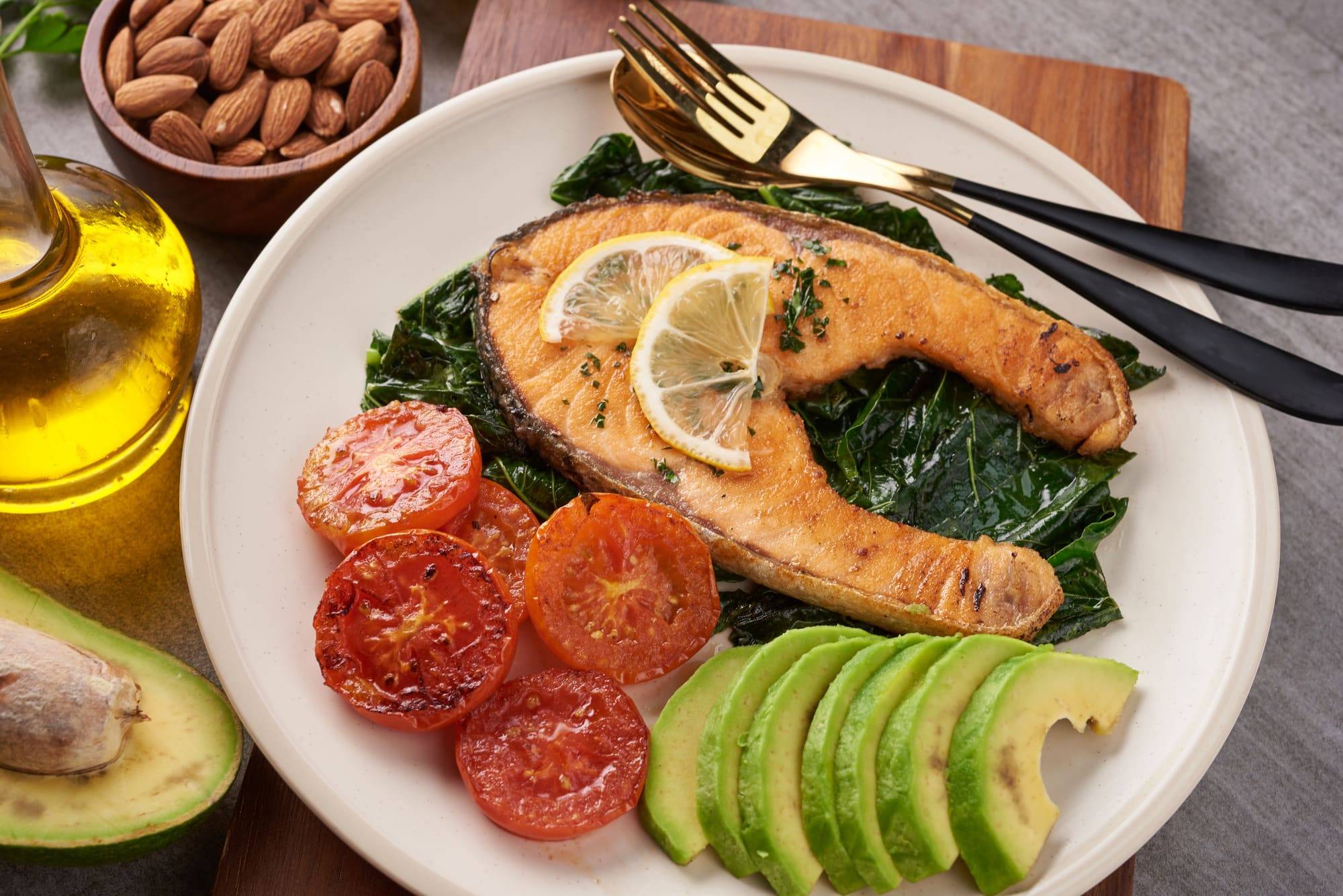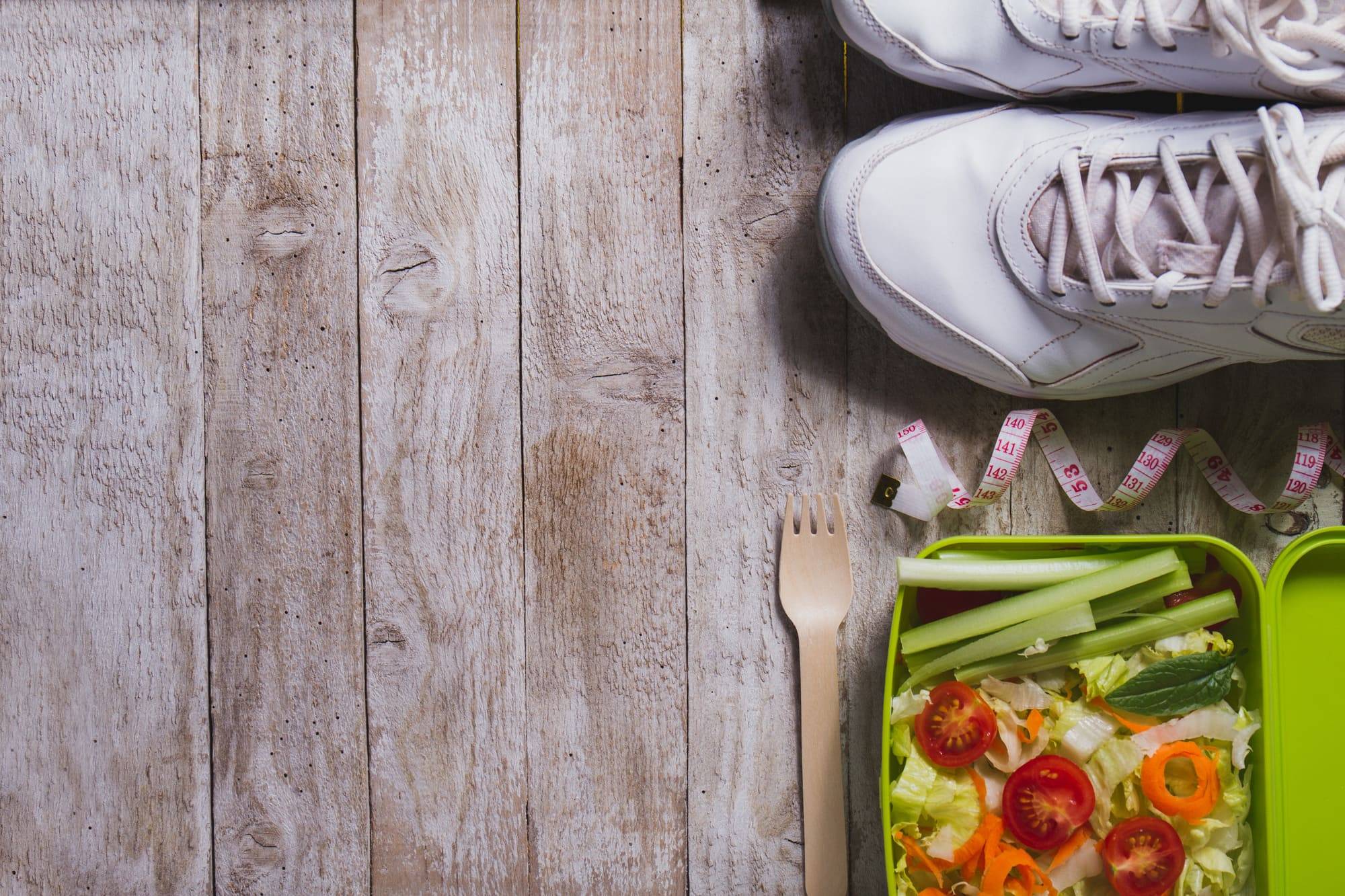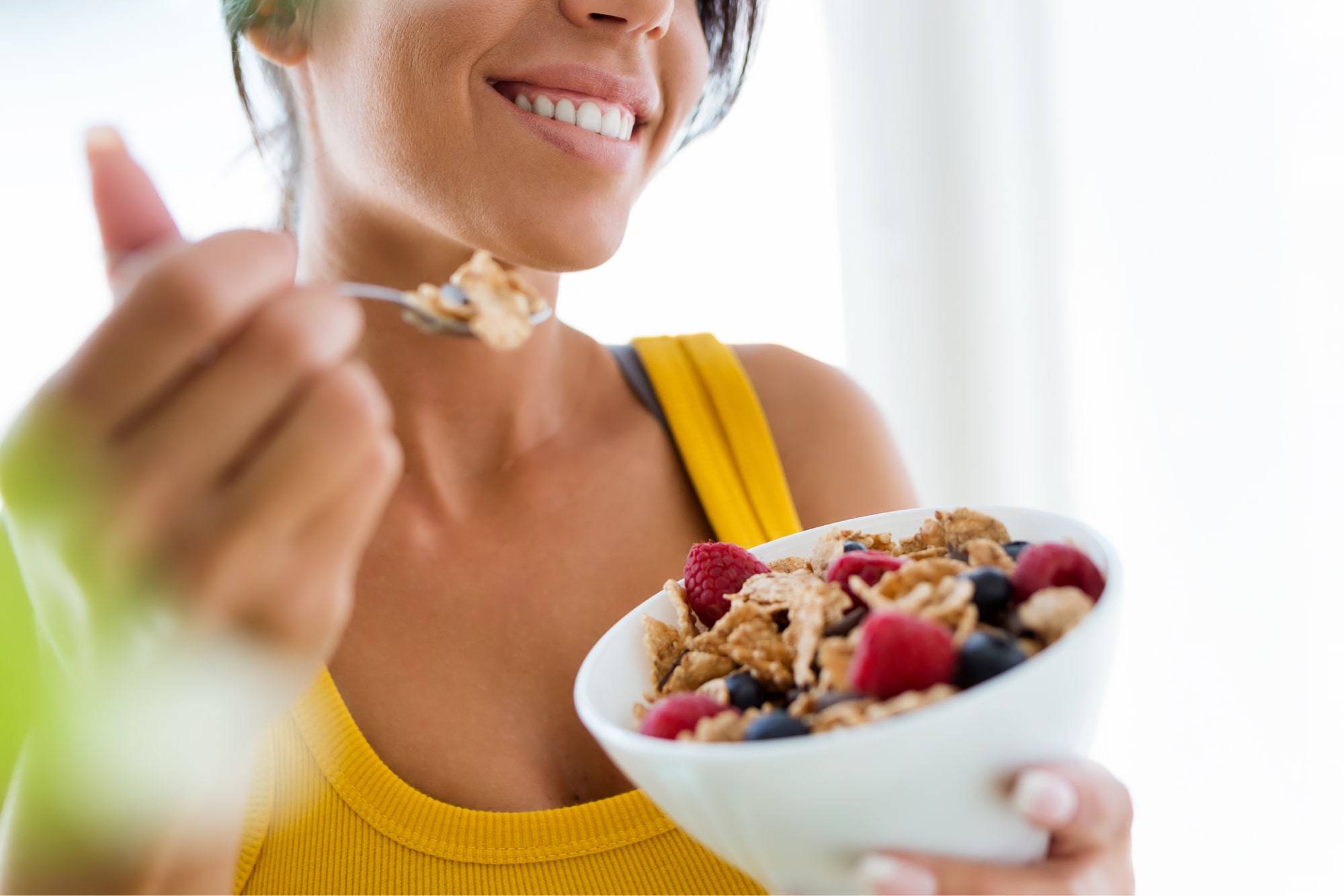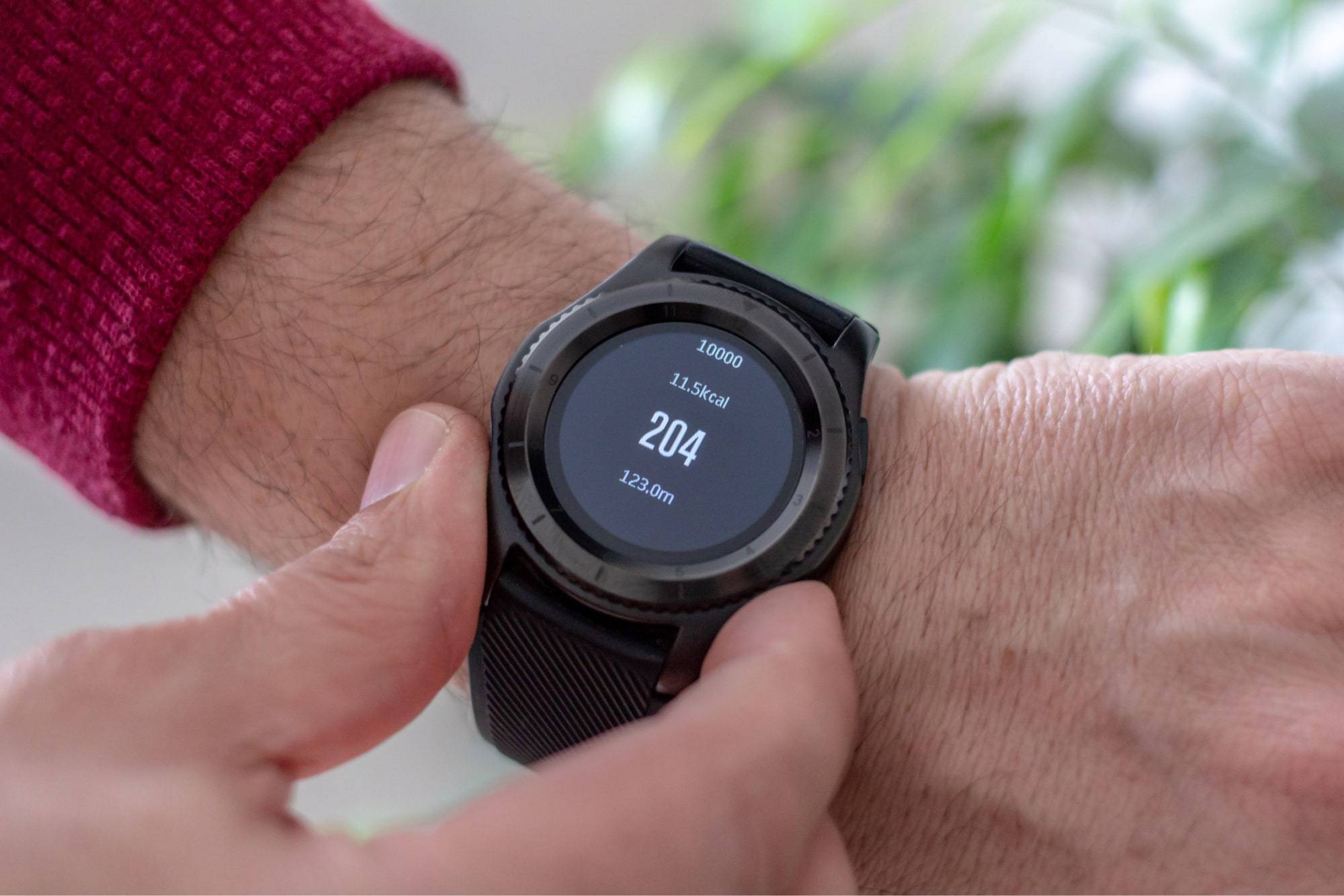You give your all in training and follow your coach’s recommendations but still haven’t achieved the desired result? Perhaps the reason lies in an unbalanced diet.
A healthy diet is necessary for quick replenishment of energy. Read below how to balance your meal plan, what to eat when training with different levels of intensity, and what to exclude from the diet once and for all.
Proteins, Fats, and Carbohydrates Distribution
- Carbohydrates are always the most important fuel. In the preparatory phase, the need for them is not so great. Still, as the season progresses and the large volume of activities increases, generous portions of carbohydrates become a must.
- You need to increase your fat intake on days when you train for more than 4 hours.
- As the duration and intensity of training increase, so does the need for protein for both long and short-speed exercises.
Foods for Endurance Running
Marathon runners and athletes, in general, should consume foods that are high in carbohydrates, moderate in protein, and low in fat. Another essential substance is water.
Why are these substances important, and how much to consume? This blog post can help you to perform at your best, but we recommend you consult a nutritionist or a doctor.
Сarbohydrates
Muscle glycogen is the preferred fuel for running (or any endurance sport). Glycogen is the storage form of carbohydrates in the body. If there is insufficient muscle glycogen, the reserves are depleted, and replenishment is required. The result is fatigue and the inability to continue maintaining your running pace. To replenish and maintain glycogen levels, a marathon runner’s diet must be rich in carbohydrates.
Carbohydrates should make up 60-70% of total calories. To calculate your ratio, multiply your weight in kilograms by 7 or your weight in pounds by 3.2 to get the number of grams of carbohydrates you need to consume per day.
The best sources of carbohydrates are cereals (preferably whole grains) such as bread, rice, cereals, and pasta, as well as fruits, vegetables, and low-fat dairy products. The product label shows how many grams of carbohydrates it contains. Each day, an endurance athlete should aim to eat at least 15 parts of cereals, 6 parts of fruit, 6 parts of vegetables, and at least 5 parts of low-fat dairy products.
Sample meal plan for endurance athletes:
- serving of cereals, such as a piece of bread or 1/2 cup of cooked rice or pasta plus a serving of fruit or 3/4 cup of fruit juice, each containing 15 grams of carbohydrates
- a serving of dairy products, such as 1 cup of skimmed milk or 1.5 ounces (42.5g) of yogurt, yields 12 grams of carbohydrates
- A serving of vegetables, such as 1 cup leafy raw vegetables, 1/2 cup chopped vegetables, or 3/4 cup vegetable juice, provides 5 grams of carbohydrates.
Protein
Protein is needed for muscle growth and repair. Regular physical training leads to the consumption of muscle protein. With some loss of protein during exercise, reserves increase during recovery, and the efficiency of protein synthesis increases. When muscle glycogen stores are high, the contribution of protein to energy expenditure is no more than 5%.
However, when glycogen stores are low due to inadequate caloric and carbohydrate intake, protein is used for energy production rather than muscle growth. This use of protein as a fuel is too expensive and inefficient.
Endurance athletes need 50% more protein than the average adult. Protein should make up 12-15% of your total calories per day. To calculate the amount you need, multiply your weight in kilograms by 1.3 or your weight in pounds by 0.6 to get the number of grams of protein you need per day.
Good protein stores are found in lean meats, poultry, fish, eggs, and dairy products, which contain essential amino acids and are therefore rich in protein. Other good sources of protein are tofu, nuts, and dried beans. A food label can tell you how many grams of protein it contains. An endurance athlete should consume 3-5 servings per day.
Sample meal plan for endurance athletes::
- 3 ounces of lean meat, poultry, or fish, such as 1 medium pork, 1 small hamburger, 1/2 whole chicken breast, or small fish fillet, provides 21 grams of protein
- 1/2 cup boiled beans, 1 ounce (28.5g) cheese, 1 egg, 2 egg whites, 113.4g tofu, or 2 tablespoons nut butter provide 7 grams of protein
- one cup of skimmed milk or yogurt provides 8 grams of protein
- one serving of cereals (preferably whole grains), such as a piece of white bread, provides 3 grams of protein.
Exercise cannot completely eliminate the health hazards of a fatty diet leading to the risk of heart disease, stroke, and cancer.
How Much Fat Should I Consume?
Endurance runners, like all people, should consume less than 30% of total calories from fat and less than 10% from saturated fat. As an athlete, if you consume 3,000 calories a day. So less than 1,000 of them must come from fat.
Muscle glycogen is preferred over fat as a fuel for high-intensity, long-duration exercise because fat cannot be broken down quickly enough to provide energy. In addition, fat takes longer to digest than carbohydrates, and this serves as a limitation in pre-competition nutrition.
Nutrition During the Training Process
According to Monique Ryan in Sports Nutrition for Endurance Athletes, the higher the intensity of the load, the lighter the food should be before it, and the longer the time interval between food and training.
Two hours before training, a moderate snack provides 2 g per kg of carbohydrates. It can include easily digestible solid foods like granola bars and yogurt, as well as liquids. If you need to eat within an hour of exercising, grab an energy bar, some fruit, a carb gel, 720 ml of a sports drink, and a high-carb sports nutrition supplement to boost your energy.
If you have a morning workout, and your schedule doesn’t leave enough time to calmly digest food before the workout, don’t forget to eat energy food for running, something rich in carbohydrates for dinner, or even add a high-carb evening snack.
Training should begin with a full supply of muscle glycogen and try to minimize the potential effects of its breakdown overnight. Experiment with small, low-fiber snacks and determine your tolerance.
Aim for 50-75 grams of carbs before exercise. Of course, be sure to drink plenty of water or a sports drink in the morning, according to Brigham Health Hub.
Sports drinks, bars, and gels provide glucose for working muscles and delay the loss of muscle glycogen during exercise. Try getting 30-75g of carbs – or 1g/kg – per hour if your workout is longer than 75 minutes, and also during high-intensity interval sessions.
For very long runs, some triathletes may require up to 90g of carbohydrates per hour, thus preventing exhaustion and speeding up recovery. Remember, when there is not enough fuel, the body begins to break down immune system proteins and muscles.
Healthy Diet in the Process of Recovery
Follow a recovery meal plan. It should include foods that provide 50-100 g of carbohydrates (minimum 1 g per kg) and up to 20 g of protein. Weigh yourself after exercise to assess water loss through sweat, and drink 480-600 ml to replenish fluids for every 0.5 kg of weight lost. After exercising in hot, humid weather, consume foods and fluids containing sodium.
Optimal nutrition after exercise depends on the training schedule for that day. If your next workout is within two hours, eat easily digestible foods. After a hard workout, you can eat banana smoothies and jelly toast, as long as you’re sure they’ll be absorbed before your next workout.
Now you have some general guidelines for nutrition in the preparatory period, during the training process, and in the recovery phase.






